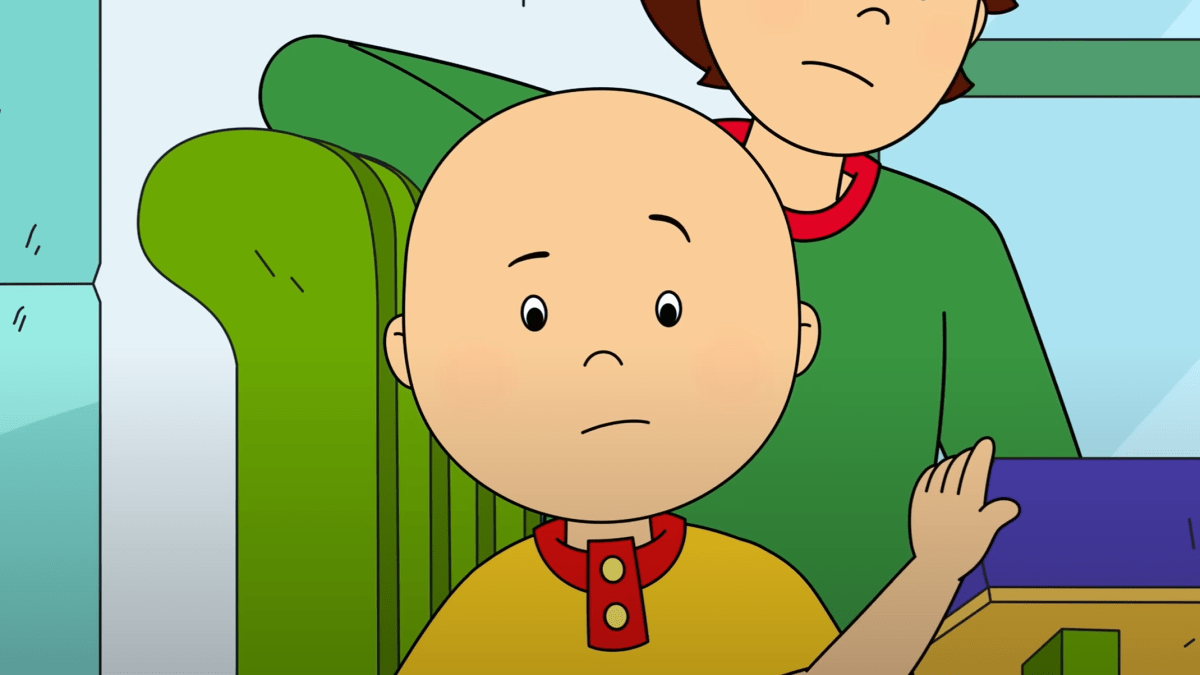Because it’s easy to draw. Because some kids don’t have hair. Because as the shameless Caillou storybook pushers at Chouette Publishing put it:
“Caillou was first conceived as a young baby, who usually have very little hair. When it came time to age Caillou for situations more appropriate for a two or four-year-old, the addition of hair would have made him unrecognizable.”
Chouette Publishing
Is that what you wanted to hear? A reasonable explanation for the hairlessness of this animated personification of that whining noise a balloon makes when you slowly let the air out of it? Enjoy the company line if that’s what makes you happy. You probably believe that those giant drumsticks that they serve at Disney World aren’t secretly being harvested from lab-grown Ninja Turtles and that Jeff Bezos isn’t actually Mark Zuckerberg’s grandson from the future. Us, we’re journalists. We blow the lid off of stories like this for breakfast. It’s not filling, and we’re usually hungry again by 10 or 10:30, but it’s the mission the universe has assigned to us.
So for any curious parties not satisfied with Canadian kid-lit PR, here are some of the other possible reasons that Caillou looks like a young Ernst Stavro Blofeld.
Caillou’s hair was blown off during the 1989 Smallville Meteor Shower
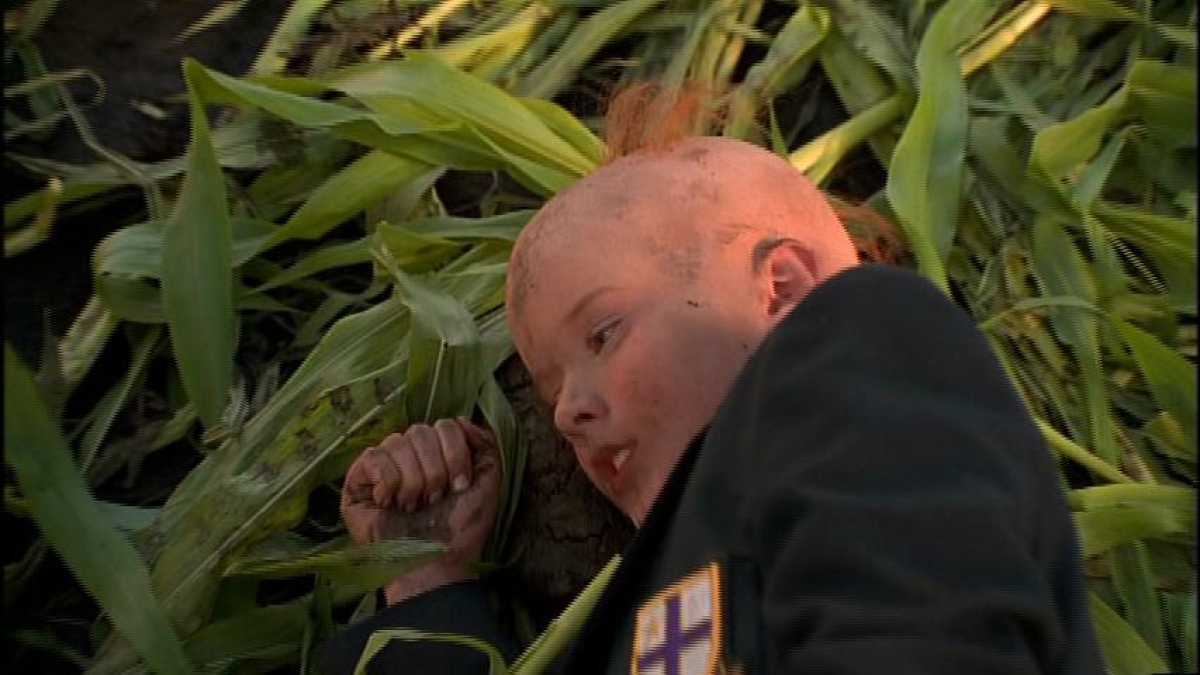
As the good people at the WB documented, the quiet Americana charm of Smallville, Kansas, was rocked to its foundation on October 7, 1989, when a series of meteor strikes brought fire from the sky and tore through the firmament. Though the catastrophe was wide-reaching, damaging the Melville Family Greenhouse and decimating the Main Street water tower, perhaps the most lasting damage was done to a young boy whose hair was ripped from his scalp as a Kryptonian rock passed directly over his head.
Was this boy Caillou? I don’t know. My memory is hazy. I stopped watching the show after the first couple of episodes and never came back to it. What I do know is that the mutagenic effects of the meteor rock radiation would go a long way toward explaining how that toy dinosaur with the speech impediment comes to life.
Gilbert the Cat comes in the night and eats all of Caillou’s hair
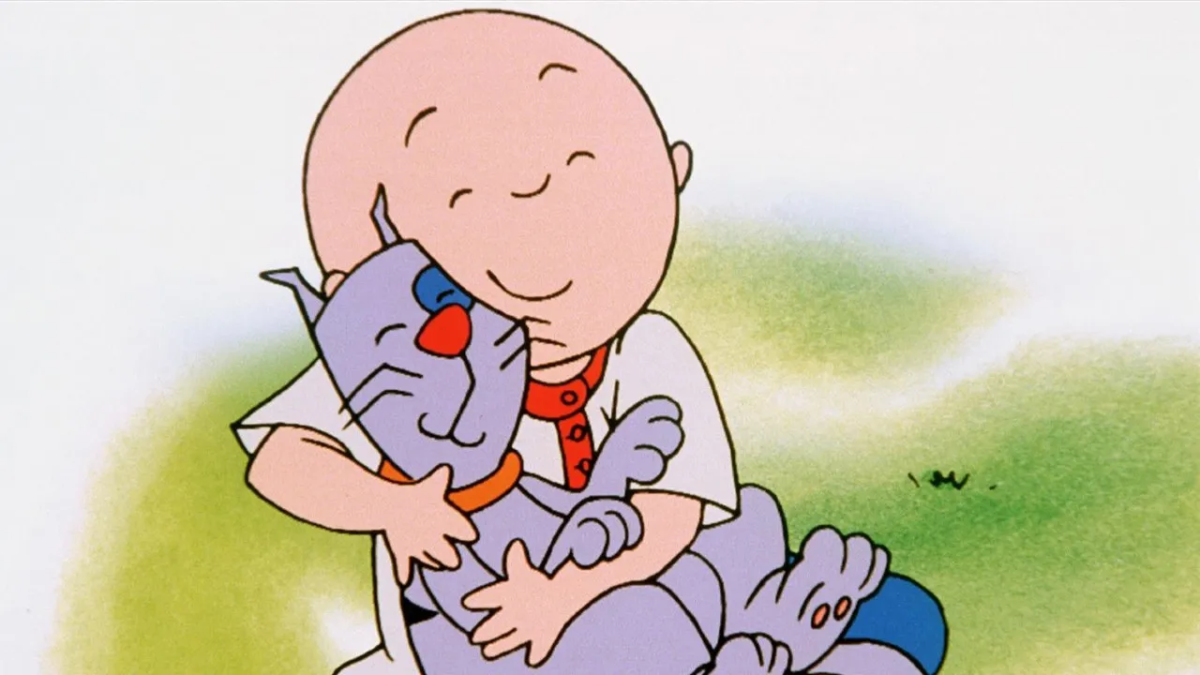
The poetry of A.A. Milne is largely a pleasant affair, recalling the simplicity and beauty of childhood. However, he churns out an intense, enigmatic, almost cautionary prose in one uncharacteristically chilling piece. From the collection “Now We Are Six:”
The time has come to lie in bed
But look out while you’re there
The blue-faced cats will come at night
And swallow children’s hair
A.A. Milne
What’s interesting is that Milne, when asked about the poem in interviews, said that he had no recollection of ever having written it – that he woke up at his typewriter one morning – his fingers on the keys, his face free of stubble and smelling strongly of tuna fish – and found it already fully formed on the page. It certainly sounds like he was describing Caillou’s beloved pet Gilbert and the terrible rituals he carries out in the night to retain sentience during the show’s puppet segments, but maybe we’re making some assumptions. Maybe Milne was actually talking about Pete the Cat.
He lost his hair during treatment but kept it shaved as an extension of the Heisenberg persona
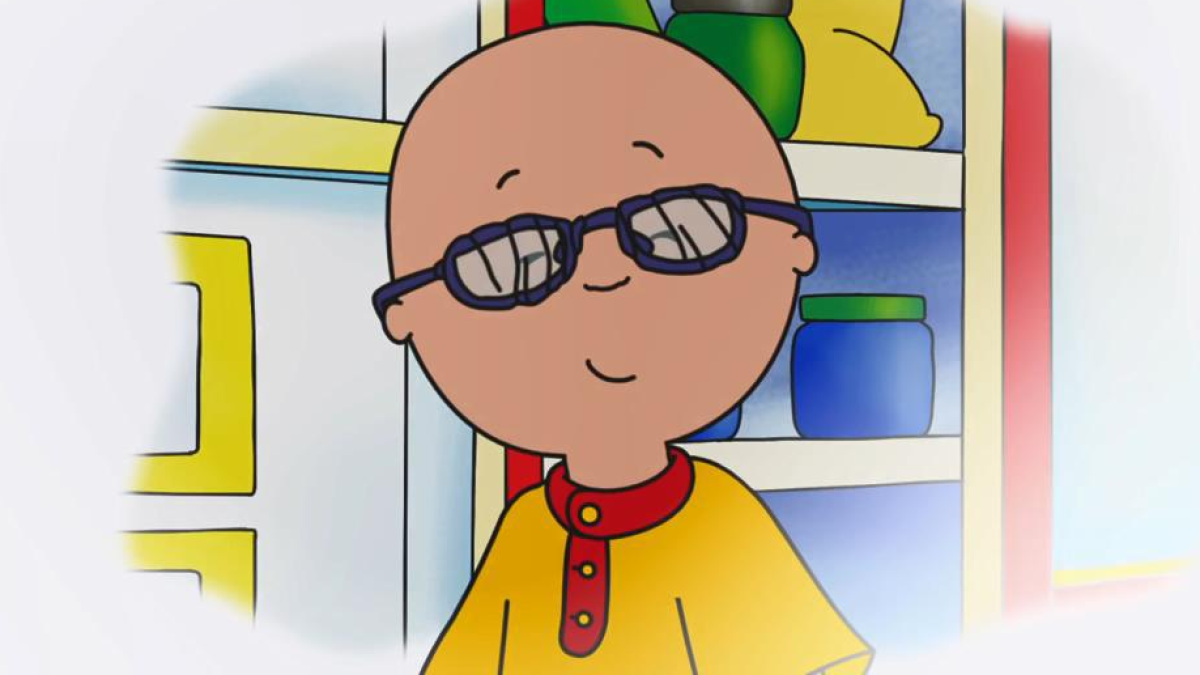
Je suis Caillou. Stay out of mon territoire.
Caillou is secretly a sasquatch baby stolen from the woods, and now his parents have to dose him with NyQuil every night and wax his whole body while he’s asleep
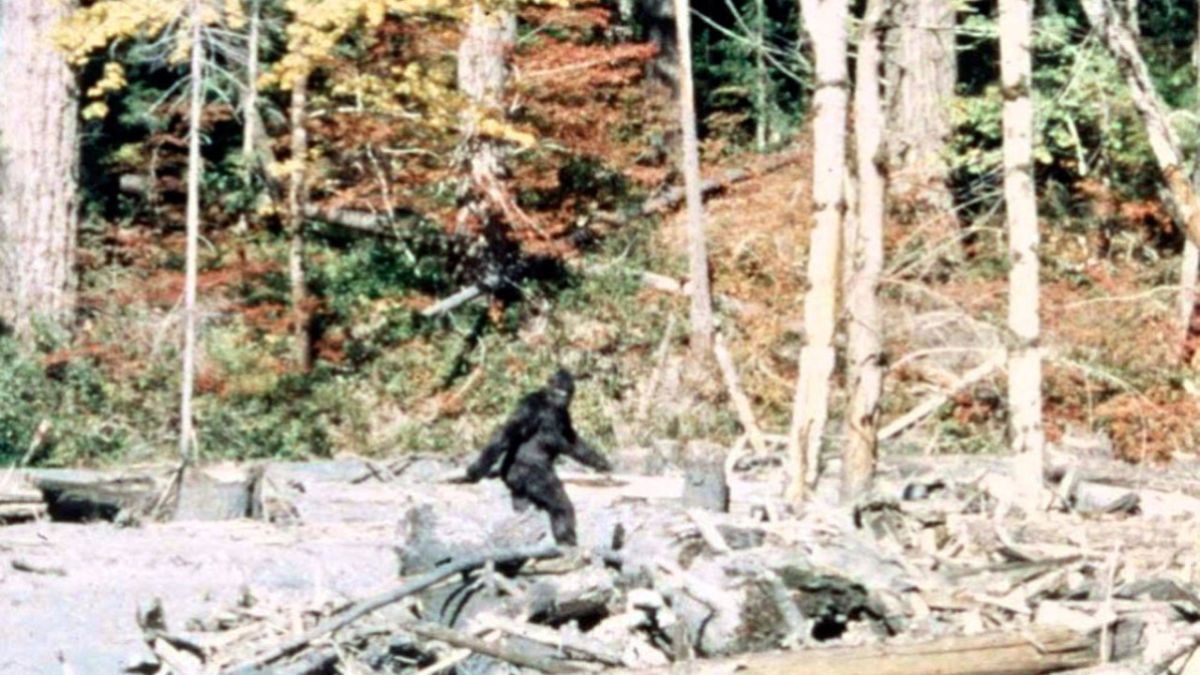
Much of what follows is speculative.
There comes a time in every great man’s life when he is called upon to serve his country. Caillou’s Daddy grew up in Canada, so the call was quiet and politely worded, but it came nonetheless. The Canadian government had long known the existence of sasquatches, but they needed to be kept a secret. The mystical bipedal wood apes projected a supernatural field of sanguine bliss that kept the nation utopian and subconsciously convinced low-budget filmmakers that Toronto could pass for Manhattan.
However, the effects only lasted for as long as the sasquatches were left in peace and could be reversed if the creatures began to feel intense fear or anger. The death of a sasquatch would, through barely-understood forces, bring catastrophe to the Great White North.
A pair of the beasts were struck by a four-wheeler on Feb. 21st, 1998, directly causing Canada’s fourth-place finish in ice hockey at the Nagano Winter Olympic Games. When it was discovered that the creatures had left behind a son, Prime Minister Jean Chrétien was left with few options. To kill the beast would mean bringing down further calamities in the nation. To return it to its people would mean enraging them with the admission that careless humans had broken the Sasquatch/Canadian Peace Accords of 1917. A plan was devised. A terrible secret, forged. If the sasquatch was the rock upon which Canada was built, then this baby was, too – a pebble, if you will.
Canadian Special Agents codenamed Mommy and Daddy were enlisted for a deep-cover mission. Their directive: Raise the orphaned monster as their own human child at 17 Pine Street, hiding his terrible origins from the world until their natural deaths. He must be kept sated, safe, and disciplined. Most importantly, he must be kept bald to hide the secret of his genesis. And so began a years-long charade for the sake of the safety of Canada and her people. Every night “Mommy” and “Daddy” would pour cold medicine into their child’s milk, ensuring that he would sleep deeply and without interruption. When the chemicals finished their terrible dance, and the boy was unconscious, he would be covered in a layer of bikini wax and stripped of any hint of his birthright. When he grew old enough, his caretakers reasoned, they’d just tell the boy that he had Norse heritage and buy him a Norelco.
Or, again, maybe the author just thought he was easier to recognize if he always looked the same.

